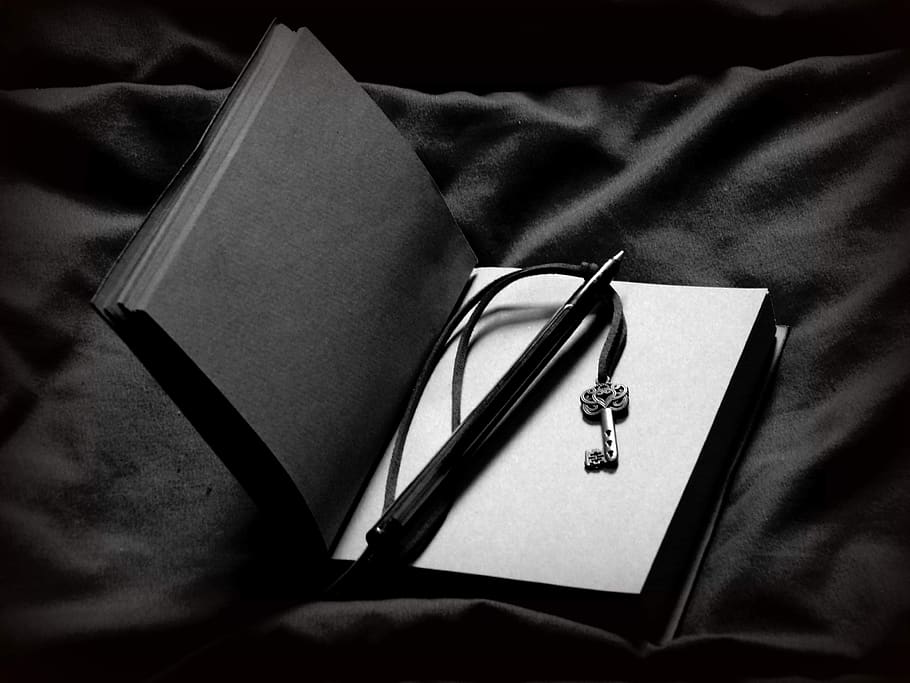A Synopsis of Free Verse's History
The history of free verse, also known as open form or blank verse, is long and dynamic. Free verse is distinguished by the absence of rhyme and meter standards, in contrast to traditional poetry, such as sonnets and haikus. This literary form sprang to prominence in the late 19th and early 20th centuries as a reaction to traditional poetry's inflexible forms.
Lack of Rhyme and Meter:
The absence of conventional rhyme schemes and metrical patterns is the most obvious feature of free poetry. Since line lengths and structures are completely up to the poets using this form, ideas can be expressed more naturally and fluidly.
Conclusion
Poetry without rhyme or meter is referred to as free verse, and it has developed from a protest against social convention into a revered form of artistic expression. Modern poets find poetry to be a relevant and engaging medium because of its fluidity, emotional intensity, and diversity, which have allowed poets to push the boundaries of the art form. Free poetry continues to be a potent tool for poets to express the ever-changing world and the depths of the human psyche as we continue to explore the enormous landscape of human experience.
